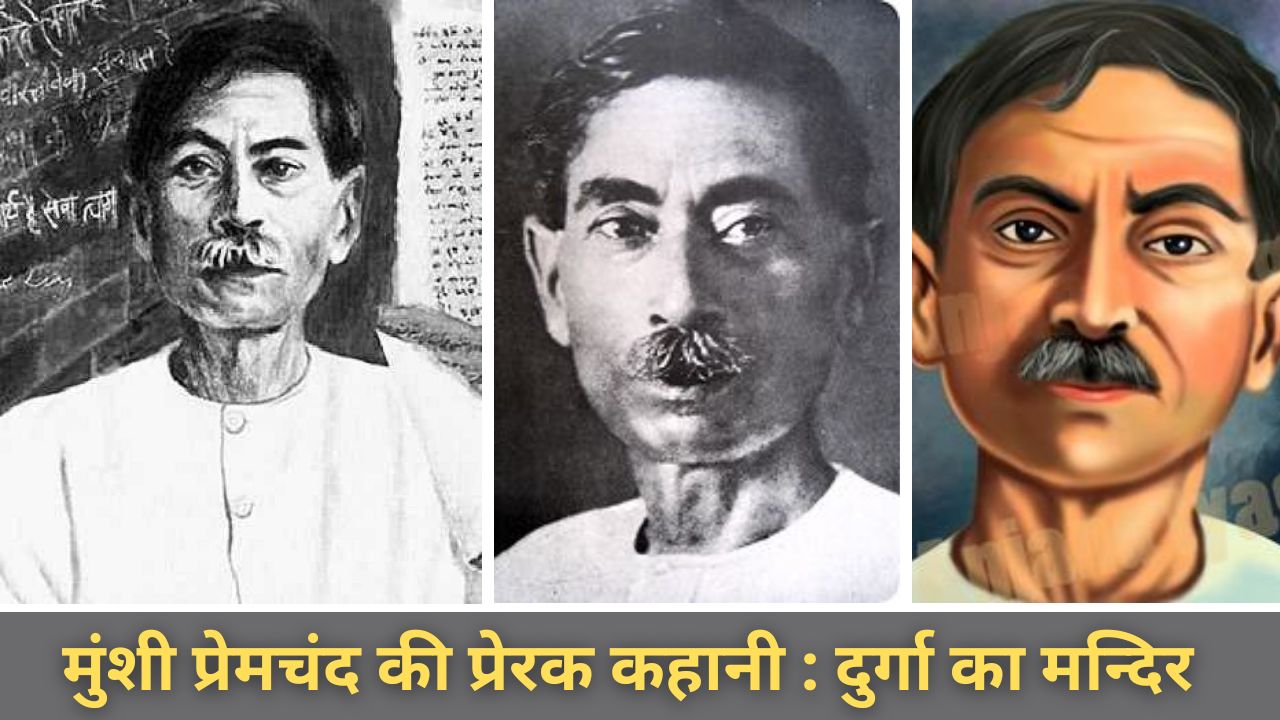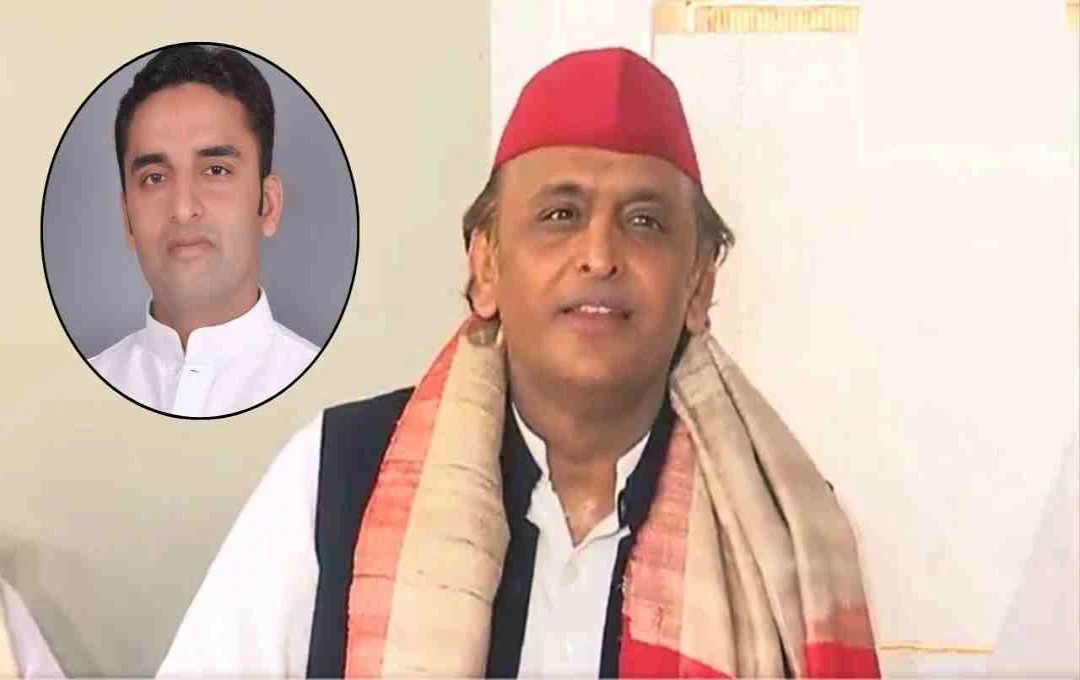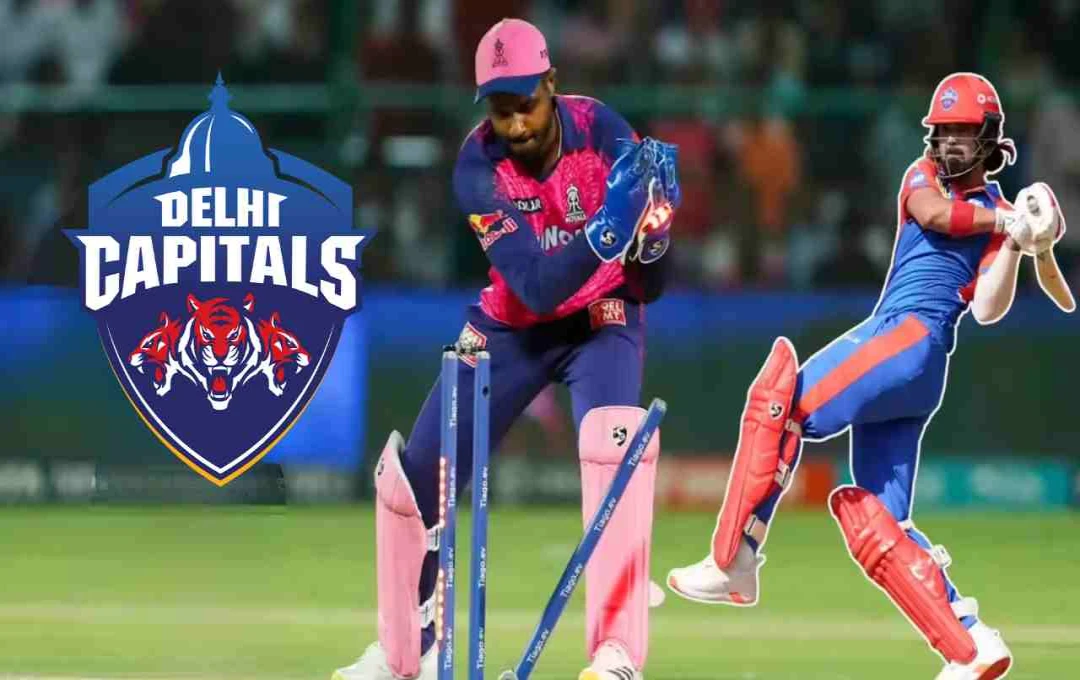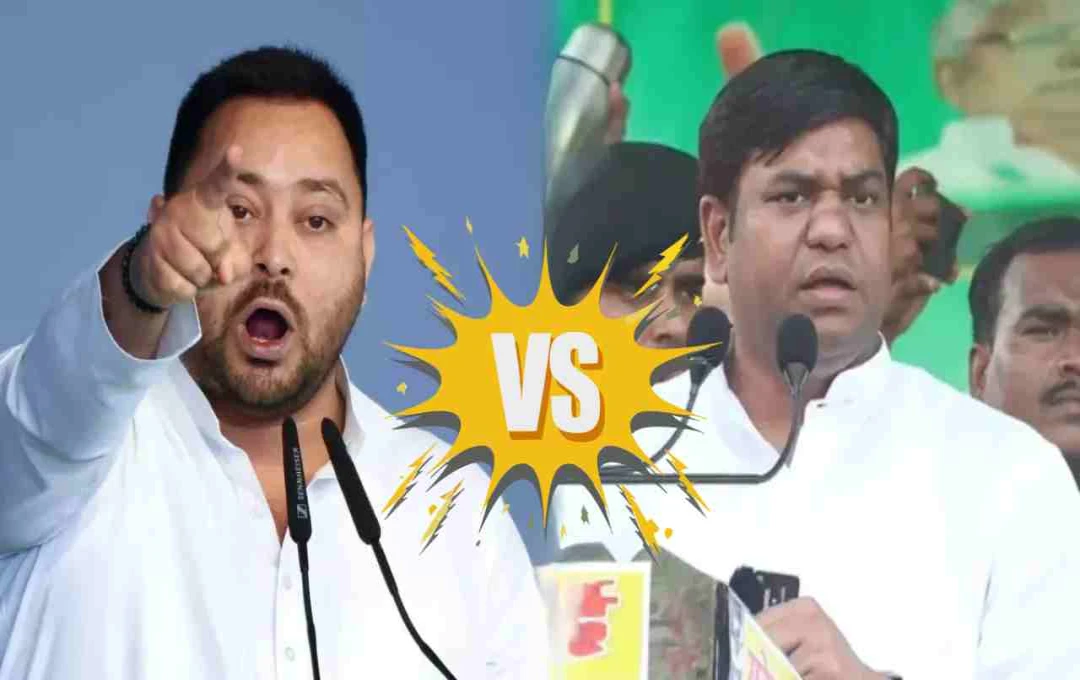Inspirational story of Munshi Premchand: Temple of Durga
Our nation has, for centuries, been a cradle for great men and women—sages, poets, writers, musicians, and others—whose contributions enrich our heritage. The countless works created by these figures are invaluable treasures.
Today's youth, immersed in the digital age, seem to be lost, distancing themselves from our precious cultural legacy. Subkuz.com strives to connect you with these invaluable treasures, along with entertaining stories, news, and information from around the world.
Here, we present you with a timeless story by Munshi Premchand, titled:
* Temple of Durga
Baboo Braj Nath was engrossed in his legal studies, while his two children were embroiled in a squabble. Shyama cried, "Munnu won't give me my doll!" Munnu wailed, "Shyama ate my sweets!" Braj Nath, angered, scolded Bhaama, "Will you get these unruly children out of here? Or I will deal with each one of them." Bhaama, tending the hearth, retorted, "Are you going to study the scriptures all evening? Take a break!" Braj Nath snapped, "If I just give a few slaps, you'll be yelling 'He hit the child! Help!' at the top of your lungs!" Bhaama replied, "I'm not sitting or sleeping; just let the boys run around for a while! Did I arrange for their jobs?" Braj Nath was speechless. Anger, like water finding a path, only intensified. Though Braj Nath was learned in ethical principles, his conduct at this moment did not reflect that knowledge. He reprimanded both the plaintiff and the defendant, and leaving them to their cries, he tucked his legal text under his arm and headed toward the college park.
It was the month of Sawan. After many days of overcast skies, the clouds had parted. Lush green trees stood adorned with golden leaves. A gentle breeze sang the songs of Sawan, and herons perched on branches, swaying like children on a swing. Braj Nath sat on a bench, opening his book. But the allure of nature's grand display proved more captivating than the pages. He gazed at the sky, at the leaves, at the verdant landscape, and at the children playing in the field. Suddenly, he saw a small bundle of paper on the grass. Maya, the embodiment of inquisitiveness, urged, "Go see what's in it!" Budhi, the voice of caution, advised, "Why are you getting involved?" Maya prevailed. Braj Nath picked up the bundle. Perhaps it was someone's lost money. Unfolding it, he found eight silver coins. Curiosity surged. Braj Nath's chest began to pound. What should he do with these coins? Leaving them might result in them being lost or claimed by someone else. Reporting them to the police would be the correct course of action, but perhaps the coins belonged to someone else? If the owner does not come to claim them, then I would be free of any responsibility. Maya, from behind the veil, suggested a different plan. Instead of going to the police, why not have some fun with Bhaama, while the food is getting ready? I will go to the police station tomorrow. Bhaama noticed the coins, a slight thrill sparking in her heart. "Whose are they?" she inquired.
Braj Nath replied, "Mine." Bhaama asked, "Where did you find them?" Braj Nath replied, "Lying on the ground." Bhaama said, "That's a lie. If you are so fortunate, tell me honestly where you found them. Whose are they?" Braj Nath said, "Honestly, I found them lying on the ground." Bhaama insisted, "Do you swear on my name?" Braj Nath swore. Bhaama tried to snatch the coins from her husband's hand. Braj Nath said, "Why are you trying to snatch them?" Bhaama said, "Give them to me; I will keep them." Braj Nath said, "No, I will take them to the police station." Bhaama's face fell. "Why bother reporting lost coins?" Braj Nath responded, "Of course, I would not compromise my principles for eight rupees." Bhaama said, "Then go in the morning. It's too late to go now." Braj Nath agreed. The police won't take any action at night. If the money is going to remain here, then the police station and my house are the same thing. He put the coins in a box, ate, and lay down to sleep. Bhaama chuckled and said, "Why are you leaving the money? Give it to me; I'll get myself a necklace. I've been craving one for a while." Maya, now in the role of a joker, suggested the necklace. Braj Nath, disdainfully, said, "Do you want to hang yourself with a necklace?"
The following morning, Braj Nath prepared to go to the police station. He didn't mind missing a lecture on the law. He was a translator in the Allahabad High Court. He had been preparing for a career in law for a year, but before he could even put on his clothes, a friend, Munshi Gorewala, entered. He spoke with great humility, "Brother, I'm in a terrible bind! My mind is completely muddled. You're a man of influence. Can you help me? I only need thirty rupees. I can manage somehow. Today is the 30th. The money should be with you by tomorrow evening." Braj Nath, though not a man of great wealth, had an inflated sense of self-importance, which was a weakness in his personality. Often, to impress his acquaintances, he would sacrifice his own needs for trivial necessities. Bhaama didn't share this sentiment. Consequently, when crises like this arose, family peace would inevitably be disrupted for a short time. He lacked the courage to refuse or delay. He went to Bhaama, hesitating. "Do you have thirty rupees? Munshi Gorewala needs them." Bhaama replied curtly, "I have no money." Braj Nath responded, "Of course you have money; you're just making excuses." Bhaama said, "Fine, I'm making excuses." Braj Nath said, "What should I tell him?" Bhaama said, "Tell him there is no money at home. If you can't say it yourself, I will say it from behind the curtain." Braj Nath said, "I can say that, but he may not believe me. They will think I'm lying." Bhaama said, "They will think so; let them think so. I can't lie to my husband." Braj Nath said, "That is not my style. We have been together for so long. How can I refuse?"
Bhaama said, "Fine, do whatever you wish. I have already said I have no money." Braj Nath was deeply upset. He believed Bhaama did have the money, but she was only trying to embarrass him. His pride hardened his resolve. He took two coins from the box and gave them to Gorewala, saying, "Brother, please deliver the money as soon as you return from court. These coins belong to someone. I'm very embarrassed if I don't get the money tomorrow; I won't be able to show my face." Gorewala thought, "To whom else could this money belong but a woman? Who else would this kind of money be left for?" Taking the coins, he headed home.
It was evening on the first of the month. Braj Nath sat at the door, waiting for Gorewala. Five o'clock came and went. Braj Nath's eyes were glued to the street. A letter lay in his hands, yet he couldn't concentrate on reading it. Every few minutes, he would look out into the street, but he would think, "Today is payday, so they might be late." He waited in vain. Six o'clock, no sign of Gorewala. Court officials began to depart one by one. Braj Nath, deceived, thought he saw Gorewala approaching. He felt a weight lift from his chest, but on closer inspection, it was someone else. His hopes were dashed. Braj Nath's spirit began to falter. He stood up from his chair. He stood at the entrance to the veranda and scanned the street in both directions. He couldn't locate him anywhere. He briefly saw a few carriages in the distance, mistaking them for Gorewala. The intensity of his desire! Seven o'clock. The lights went out. Darkness descended over the street. Braj Nath started pacing anxiously in the street. He contemplated going to Gorewala's house. But he hesitated, fearful that he might encounter him on the way, and he would feel humiliated for being so preoccupied with a few rupees. After walking a short distance, he saw someone approaching. It seemed to be Gorewala. He turned around and returned to the veranda to collect himself. But once again, it was a false hope. He began to ponder the reasons for the delay. Perhaps he had decided to come tomorrow, thinking that no one goes out at night, or perhaps he deliberately procrastinated, unwilling to pay. At that moment, he felt anger. Why not send someone? Munnu could do it. His house was near the street. With this thought, he went to his room, lit his lamp, and sat down to write a letter. But his eyes kept wandering towards the door. Suddenly, he heard the sound of footsteps. However, he quickly put the letter under a book and went out to the veranda. He saw a neighbor's messenger, who came to deliver a telegram.
The messenger said, "Mr. Braj Nath, there is a problem at home. Please see to it." Braj Nath, irritated, snatched the telegram from the messenger's hand and, after a cursory glance, said, "A message from Calcutta. The goods haven't arrived." The messenger, trembling, said, "Sir, please check who sent it." Braj Nath tossed the telegram aside, "I have no time." Eight o'clock. Braj Nath felt despair creeping in—Munnu couldn't have been out this late at night. He decided to take action immediately; he must be firm with Gorewala and clearly tell him, "Return my money!" It is unwise to be kind to dishonest people. He put on his coat and told Maya, "I have some urgent business outside. Lock the doors." He started walking, but kept stopping. Gorewala's house appeared in the distance; a lamp was lit. He stopped and began to think: What if he paid Gorewala on the way, and apologised for the delay? If I did so, they would perceive me as petty, unkind, and impatient. No, I won't consider this matter. I will say, "Brother, I have a stomach ache; do you have any vinegar?" This excuse sounds bad; it will expose my dishonesty. Ah! Why bother with all this trouble? He realized that Gorewala would understand without any explanation. Braj Nath continued his walk, as though the river's current flows in a particular direction regardless of the waves.
He reached Gorewala's house. The door was shut. Braj Nath lacked the courage to knock. He assumed they were eating dinner. He walked away and paced for a mile. He heard the striking of the nine o'clock bell. Thinking they had finished dinner, he headed back; but the door was dark. His flickering flame of hope was extinguished. He stood there for a moment, uncertain. It is still early. Surely, they haven't fallen asleep this soon? He quietly ascended the veranda. He pressed his ear against the door and listened. He could hear a conversation. A woman was saying, "The money has disappeared; how will you return it to Braj Nath?" Gorewala responded, "Why this haste? I will return it later. We have already submitted the application; it should be approved tomorrow." We will return after three months. Braj Nath felt as if he had been slapped. Filled with anger and frustration, he walked down the veranda and headed home. His steps were heavy, as if he were a weary traveler.
Braj Nath tossed and turned all night. Sometimes, he was furious at Gorewala's dishonesty, and sometimes at his own naivete. He wondered, "How will I get the money? Bhaama has already said no, and my salary doesn't allow for such expenses. If it were ten or fifteen rupees, I could have borrowed it. Who will lend me money? I haven't asked anyone before, and I don't have any such friends. Those people always trouble me; what can they give me? If I give up legal work and focus on translation for a few days, I might earn the money. It requires a month's hard work. The pay rates are low due to the availability of inexpensive translators. You cruel fate! How did this happen to me? How can I trust anyone? The next morning, Braj Nath was obsessed with finding the money. He attended the legal lectures, brought papers from the court in the evenings, and spent the night translating documents. He had no time to rest! Sometimes, he would work until one or two o'clock in the morning. When his mind was completely exhausted, he would be forced to lie on his bed. However, his lack of practice often led to headaches, digestive problems, or fever. Even so, he worked tirelessly. Sometimes Bhaama would angrily say, "Don't work so hard; take a rest. If there were ten or fifteen of you, the whole world would come to a standstill." Braj Nath wouldn't respond to her criticism and would return to his work immediately. Three weeks passed, and twenty-five rupees finally arrived. Braj Nath thought, "The matter will resolve in a few days. However, on the 21st day, a severe fever struck him. He remained bedridden for three days." He had to take a leave of absence. The month was Bhado. Bhaama thought it was a fever caused by heat, but when the fever didn't subside even after a week of medication, she panicked. Braj Nath often muttered incoherently during his fever. Bhaama was terrified, grabbing the children and locking them in another room. She began to suspect that he was suffering because of the money. Perhaps the person who owned the money had done something to harm him! Surely that is the reason why the medicine does not work. During crises, we become religious; unable to cure the illness, we turn to the gods. Bhaama also sought refuge in the gods. She began strict fasting for Janmashtami and Shivratri. Eight days passed. It was dawn on the final day. Bhaama administered medicine to Braj Nath and, with the children, went to the Durga temple for worship. Her heart was filled with reverence for the divine. She reached the temple courtyard. Worshippers sat on mats, chanting hymns. The scent of incense and sandalwood filled the air. She entered the temple.
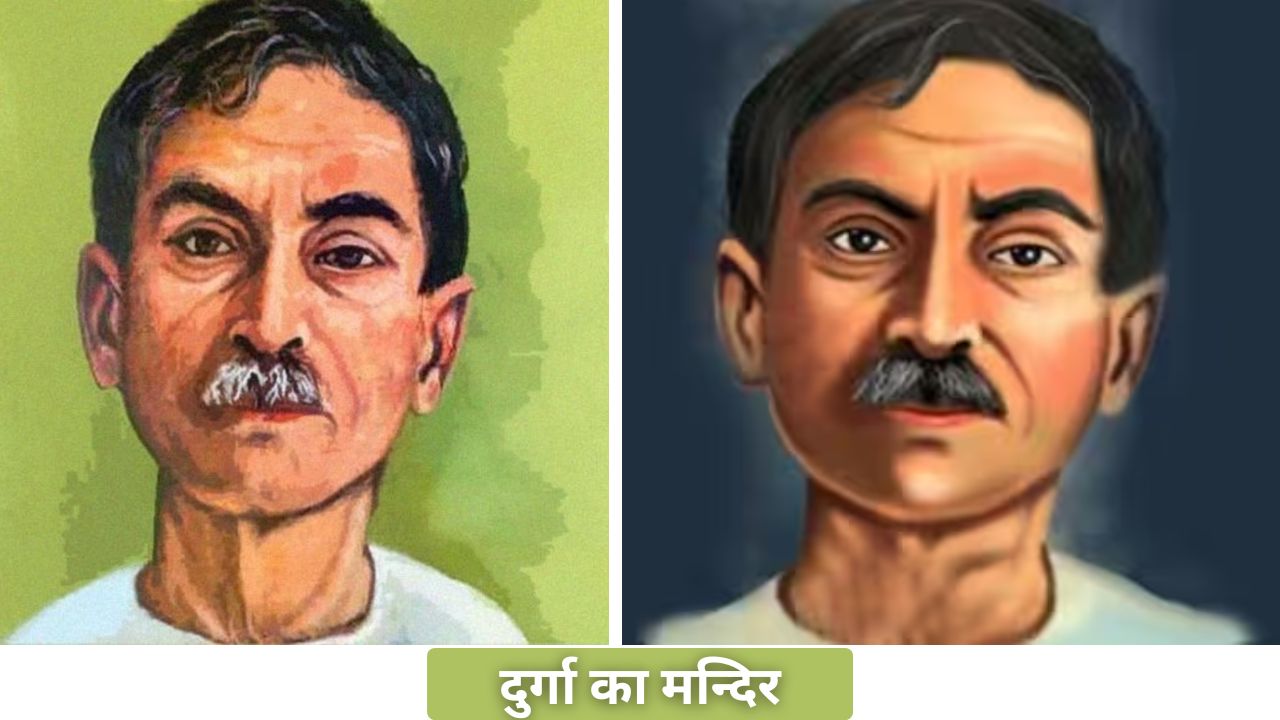
A magnificent statue of Durga stood before her. A remarkable radiance shone on her face. Powerful beams radiated from her bright eyes. A sense of holiness permeated the air. Bhaama could not bear to gaze at the radiant deity. A pure, unadulterated fear arose within her heart. She closed her eyes. Kneeling, she clasped her hands together and pleaded with a sorrowful voice, "Mother, have mercy on me." It felt as though the goddess smiled at her. A divine light emanated from her eyes and entered Bhaama's heart. She heard the goddess's words, "Return the borrowed money, and you will be blessed." Bhaama stood up. Her eyes reflected pure devotion. A divine love emanated from her face. The goddess had showered her with divine grace. At that moment, another woman entered. Her unbound, faded hair hung down either side of her face. She wore only a white sari and had no jewelry except bracelets. She was the personification of sorrow and despair. She also bowed before the goddess, extending her hands and saying, "Goddess, destroy whoever stole my money."
Just as a sitar vibrates with the musician's touch, Bhaama's heart trembled with fear. These words pierced her heart like sharp arrows. She looked at the goddess with anguished eyes. The divine form exuded terrifying energy, emitting fiery rays from her eyes. Bhaama felt a voice from the heavens, emanating from the temple, trees, columns, lamps, and the goddess's formidable face, "Return the borrowed money; otherwise, you will face destruction." Bhaama stood up and asked the old woman, "Mother, has someone taken your money?" The old woman looked at her, as if a drowning person had found a lifeline. "Yes, my daughter." Bhaama asked, "How long ago?" The old woman replied, "About a month and a half." Bhaama asked, "How much money?" The old woman said, "One hundred and twenty rupees." Bhaama asked, "How was it lost?" The old woman said, "I don't know; it must have fallen somewhere. My husband was a soldier. It has been many years since he passed away. Now, I receive sixty rupees a year in pension from the government. This is the combined pension from two years' service."
There were eight coins. Bhaama asked, "If you get your money back, how much will you give me?" The old woman said, "No more than fifty rupees." Bhaama said, "Is there something else you can give me instead of the money?" The old woman said, "My dear daughter, I can only offer my blessings. As long as I live, I will chant your praises." Bhaama said, "No, I don't need that." The old woman said, "My dear daughter, what else can I offer you?" Bhaama said, "Please bless my husband's recovery." The old woman asked, "Has the money gone to him?" Bhaama said, "Yes; he has been looking for you ever since."
The old woman knelt down, extended her hands, and pleaded, "Goddess, bless him." Bhaama looked at the goddess again, and noticed divine light and compassion radiating from her eyes. A voice echoed in Bhaama's heart, "Your wish will be fulfilled." Evening approached. Bhaama and Braj Nath, rode in a carriage to Tulsi's house to return her money.
Braj Nath's earnings, meant for a doctor, were now replaced by the money Bhaama earned by selling her earrings. The moment the earrings were created, Bhaama was filled with joy, and now, the sale brought her even more joy. When Braj Nath showed her the eight coins, she felt a thrill within, but she could not muster the courage to express it. Today, as the coins were returned, her joy shone brightly in her eyes, danced on her lips, painted her cheeks, and filled her body with exhilaration. It was a delight of the senses, an uplifting of the spirit. Her joy was hidden within her modesty; now, it radiated with pride. Tulsi's blessing had proven effective. Today, three weeks later, Braj Nath sat propped up with pillows. He gazed lovingly at Bhaama, who felt like a goddess to him. He had admired her physical beauty before, but now, he beheld her inner magnificence. Tulsi's house was on a narrow street. The carriage stopped. Braj Nath alighted, leaned on his cane, and with Bhaama's assistance, reached Tulsi's home. Tulsi took the money and, extending her hands, blessed them, saying, "May Durga bless you both!" Tulsi's face, devoid of any adornment, blossomed, like the leaves of trees after rain. Her body relaxed; the lines on her face softened. It seemed as if her life had been reborn. Back at Braj Nath's house, Gorewala arrived. Braj Nath turned away. Gorewala asked, "Brother, how are you?" Braj Nath replied, "I'm doing very well." Gorewala said, "Forgive me. I'm deeply sorry for the delay in returning your money. A critical letter arrived at home on the first of the month, and I had to rush home after taking leave for three months. The story of my family's suffering could take a long time to tell, but I have rushed home to the news of your illness. Here is the money."
He expressed deep regret for the delay. Braj Nath's anger subsided. There is power in humility! He said, "Yes, I was ill, but I am better now. You have needlessly suffered due to me. If you feel uncomfortable, you can return the money. I am now free of debt; there is no rush." Gorewala left, and Braj Nath entered the house with the money and said to Bhaama, "Here's your money; Gorewala gave it to me." Bhaama replied, "This isn't my money; it belongs to Tulsi. I learned a lesson about borrowed money." Braj Nath said, "But all of Tulsi's money was returned!" Bhaama said, "So what? It is a gift from her blessings. Braj Nath said, "Where will the earrings come from?" Bhaama said, "The earrings may be gone, but my heart has found a home."
Continue reading such inspiring and enriching stories on subkuz.com.
